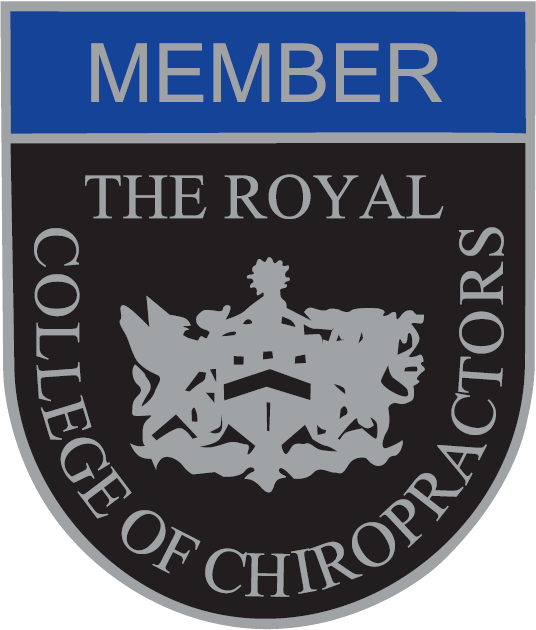 Antioxidants have had a lot of publicity in the past few years, mainly focused on potential health benefits and their ability help neutralize free radicals in our bodies. Our cells use oxygen and, as a by-product, create free radicals. The US Institute of Food Technologists website defines free radicals as “substances that occur naturally in our bodies but attack the fats, protein and the DNA in our cells”.
Antioxidants have had a lot of publicity in the past few years, mainly focused on potential health benefits and their ability help neutralize free radicals in our bodies. Our cells use oxygen and, as a by-product, create free radicals. The US Institute of Food Technologists website defines free radicals as “substances that occur naturally in our bodies but attack the fats, protein and the DNA in our cells”.
But what are antioxidants and which foods are the best sources? Read on to find out!
The Three Primary Types of Antioxidants
The subject of antioxidants can be a little confusing because there are three different types:
- Vitamins: Because the human body cannot manufacture its own antioxidant vitamins, it is vital that adequate supplies of these are included in the daily diet. The most common are the vitamins A, C and E, beta-carotene and folic acid.
- Phytochemicals: Antioxidant phytochemicals come from fruits and vegetables and are the plants’ own natural free-radical defence system. Phytochemicals are sub-divided into four main categories, Flavonoids (the most predominant), Carotenoids, Allyl sulfides and Polyphenols.
- Enzymes: Enzymatic antioxidants cannot be supplemented orally, they must be synthesised in the body. However, synthesis requires cofactors, (trace metal elements including iron, zinc, copper and manganese that MUST come from the diet).
To ensure an adequate intake and to get the maximum benefit, some antioxidant foods are best eaten raw, others cooked and some in combination; some people may benefit from supplements containing the minerals essential for the production of antioxidant enzymes.
The nutritional advice provided by a Chiropractor as part of a holistic treatment approach is extremely beneficial in helping you to make sense of the plethora of information about antioxidant benefits in the media and online. Call Bradford House Chiropractic & Wellness Centre today on 01962 861188.
The Best Food Sources of Antioxidants
- Green vegetables: Leafy greens such as spinach and kale, other dark green vegetables like broccoli are great sources of phytochemicals.
- Sprouted seeds: These are a delicious addition to salads and stir-fries.
- Beans: The richest in antioxidants are kidney beans, pinto beans small red beans and black beans.
- Berry Fruits: Purple and red berries such as blackberries, blueberries, raspberries, strawberries and cranberries are just about the best antioxidant fruits you could eat as they are great sources of antioxidant vitamin C, carotenes and carotenoids and trace minerals including calcium and magnesium, iron, zinc and potassium.
- Citrus Fruits: All citrus fruits are rich in Vitamin C.
- Nuts: Walnuts, hazelnuts and pecans are a great source of antioxidants but it is important that they are raw, not roasted or salted.
- Herbs and Spices: These are best fresh (rather than dried and ground) for the maximum antioxidant benefit – but even dried and ground are better than none! Turmeric, Ginger, Oregano, Coriander, Cumin and Cinnamon are among the best.
- Green Tea: Green teas, particularly loose-leaf, organic varieties contain a powerful catechin polyphenol called epigallocatechin-3-gallate (EGCG), linked to many health benefits.
The above list is definitely not exhaustive! Other great inclusions in your diet include Garlic, Tomatoes, Red Grapes, freshly brewed Coffee and even Red Wine!
A good ‘rule of thumb’ for ensuring that you get an adequate intake of antioxidants in your daily diet is to ‘eat a rainbow’ every day and have a good mixture of red, orange, yellow, green and purple vegetables and fruits in your diet.










